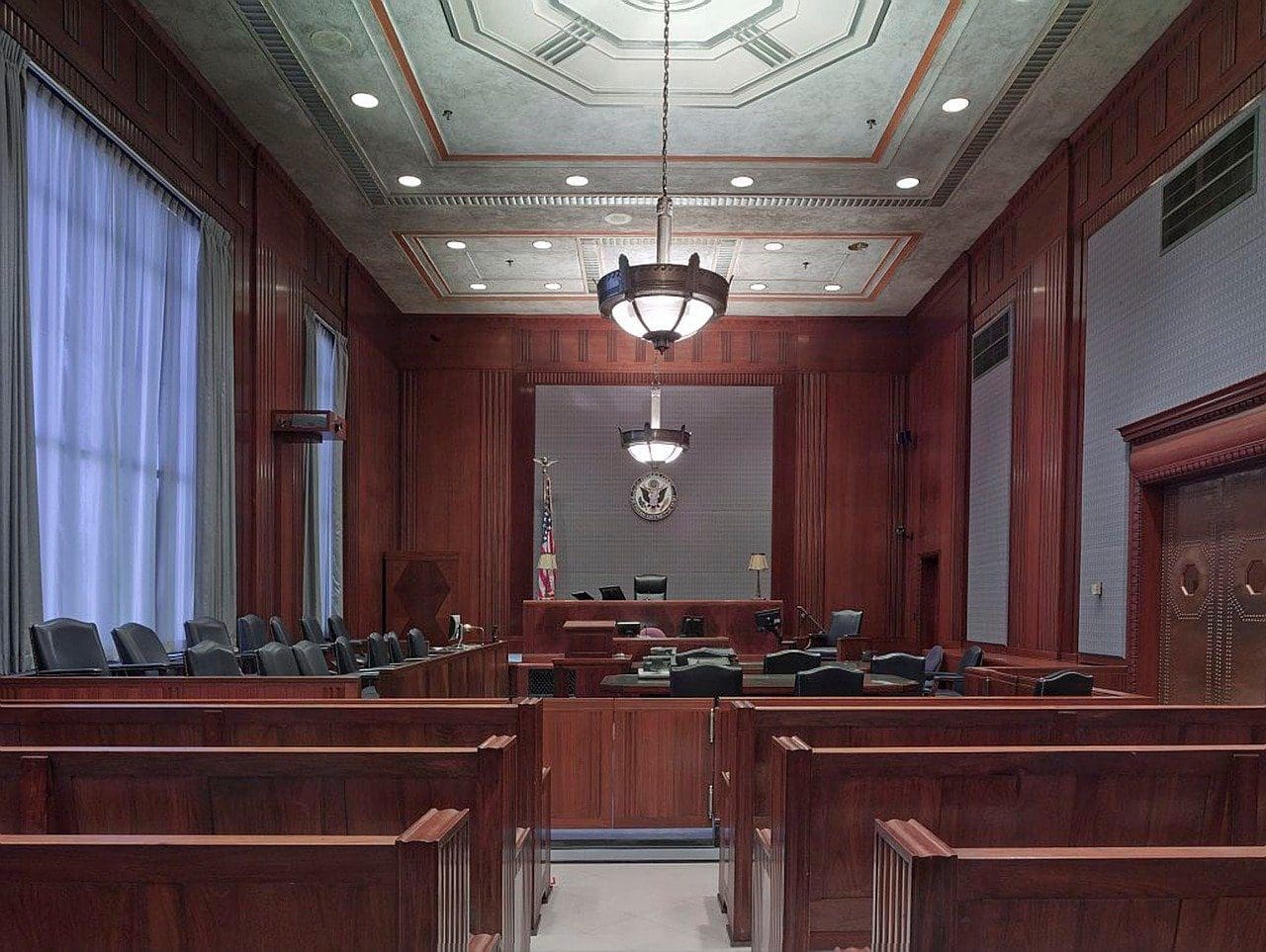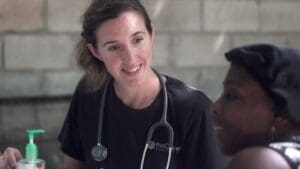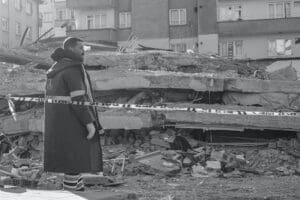Be an Expert Witness
After pursuing academic study or a career, most people probably would like to feel that they have achieved some competence, or beyond that, some expertise in their field. Being an “expert” suggests having substantial knowledge or experience in a certain area, being judged as accomplished, talented, or technically skilled. Someone who is considered to be an expert in their field of study/work can be called on to be an expert witness to share their knowledge in a trial case.
What Makes Someone an Expert Witness?
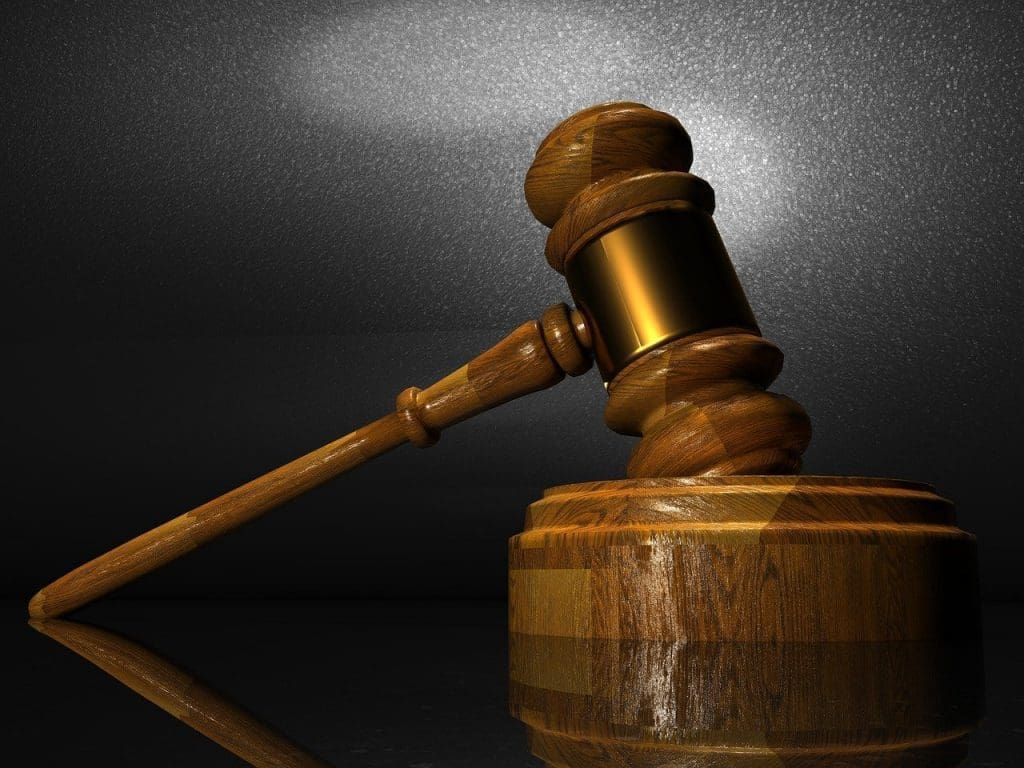
Today’s United States Court System regularly calls upon individuals described as “expert witnesses” to obtain the value of their objective opinions in a court proceeding. Courts value an individual’s verifiable experience, training, education, certifications, specialized, and scientific knowledge to contribute to the examination of cases before them.
An expert witness is a professional who testifies in a court case based on their specialized knowledge, skills, and expertise pertaining to the subject matter of the case. The opinions that are provided to the court must be more exacting than the opinions provided by an average citizen. The opinions must be objective and delivered as factual evidence, not as a simple judgment. The expert testifies based on facts or data and uses reliable principles and methods in the derivation of their opinion.
Expert witnesses may be called on in a case to evaluate problems, errors, defects, deficiencies, matters of loss, injury, or failure to perform.
Expert witnesses may be of several types:
- Testifying witnesses who provide facts, experience, and skilled opinions to the case.
- Educating witnesses who teach the jury about theories and principles applied to the case.
- Reporting witnesses such as laboratory technicians who have conducted tests and have test results to present.
- Non-testifying experts who aid an attorney in asking questions of other expert witnesses.
An expert witness should have the following qualities:
- Competence and credentials in the area of consideration. These will add substance to the matter being judged. They involve more than commonly held knowledge, and they rely on the training, skills, and experience of the witness.
- There is no advocacy in being an expert witness. Witnesses must respond honestly and openly to questions on behalf of both the plaintiff and the defendant.
- Composure under pressure. An ability to respond with confidence regarding their facts and methodologies in rendering opinions is necessary to obtain the confidence of the jury.
- Ability to present well before the jury will add to the confidence of the jury and not distract from the quality of the opinions and evidence provided.
- Being able to communicate well with the attorney who has retained the individual as a witness will enhance effective case preparation and effective progress with the proceedings.
- A good appearance and the ability to be articulate in explaining evidence and opinions go a long way in successful trial proceedings.
- Being able to grasp the legal process will help with the court trial process.
- Being a good listener will help the witness process questions and respond appropriately.
How Do I Become an Expert Witness?

Someone may become qualified as an expert witness because of specific and usually long-standing work experiences, work credentials, and verifiable reputation.
An expert witness frequently, but not necessarily, will have extensive education with a college or technical degree, or even an advanced degree in their field. However, a long and distinguished career in a profession may outweigh academic considerations.
Additional considerations may include:
- Work published in well-regarded professional journals or trade publications.
- Served as a speaker at relevant professional conferences.
- Quoted by the press in relevant matters.
- Received relevant awards or fellowships or grants.
- Previous experience as an expert witness.
Judges and attorneys will judge an individual as being qualified based on the use of techniques and models which are accepted as scientifically sound and grounded in acceptable bodies of knowledge. Also, the witness has the experience or education to support the soundness and validity of their opinion.
Practical requirements for becoming an expert witness include:
- Expertise in the specific areas required.
- No existing legal problems, including criminal convictions, license restrictions, or other judgments.
- A resume or CV that strongly demonstrates qualifications to be an expert witness.
- A list of references.
- Having a personal schedule that will allow full and timely participation in court proceedings.
- Ability to meet deadlines and respond in a competent and detailed fashion to the needs of the attorney and the court.
- A commitment to excellence.
- Communication skills, both verbal and written, necessary to respond in a clear, confident way, generating confidence in the participants in a trial. Further, having a communications style that is analytical, articulate, and engaging.
- A fee schedule and an expert witness contract which can be used to confirm participation in a legal process.
- Being able to perform the required investigative, research, and presentation work to present an organized and well-informed opinion.
How Do I Become One for the Construction Industry?
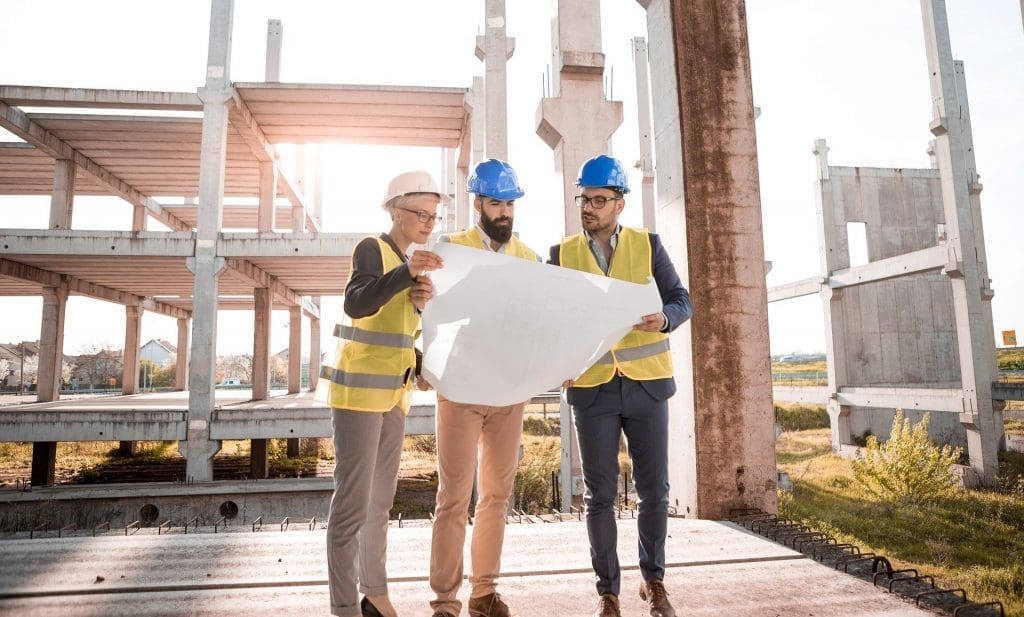
The construction industry is large and vital to our economy. Because it involves many parties in the work process, many workers, and considerable amounts of money, it is a field that frequently utilizes the skills of expert witnesses in resolving legal disputes.
As in other areas requiring the services of expert witnesses, the construction industry relies on witnesses with specific expertise in areas of concern, not simply general experience. For example, experience in building delays, building codes and compliance, construction costs and construction methods, standards, and defects. The construction expert witness must be up to date with current construction methods, processes, and materials. He/she should be able to review and clarify relevant facts and be able to distinguish truth from error.
In every case, the expert witness is expected to be knowledgeable, objective, and neutral.
Hire an Expert Witness for the Construction Industry
The United States court system is based on the principle of fairness to all. Courts that utilize expert witnesses rely on those witnesses to be honest since perjury is a severely punished crime.
When there’s a legal case in construction, it makes great sense to involve and engage a qualified and experienced expert witness.
To get the expert witness services for construction you deserve, contact a professional company like Harper-Brawner, LLC. You want someone who has extensive knowledge and expertise in the construction industry. They should have a deep understanding of industry standards and terms. They should be able to discuss methodologies, processes, and materials used in the project as well as technical language, industry standards, and complex issues. You want to obtain a witness that can work with attorneys to strengthen their arguments and complaints, separating allegations from the truth.
Featured Image by David Mark from Pixabay
